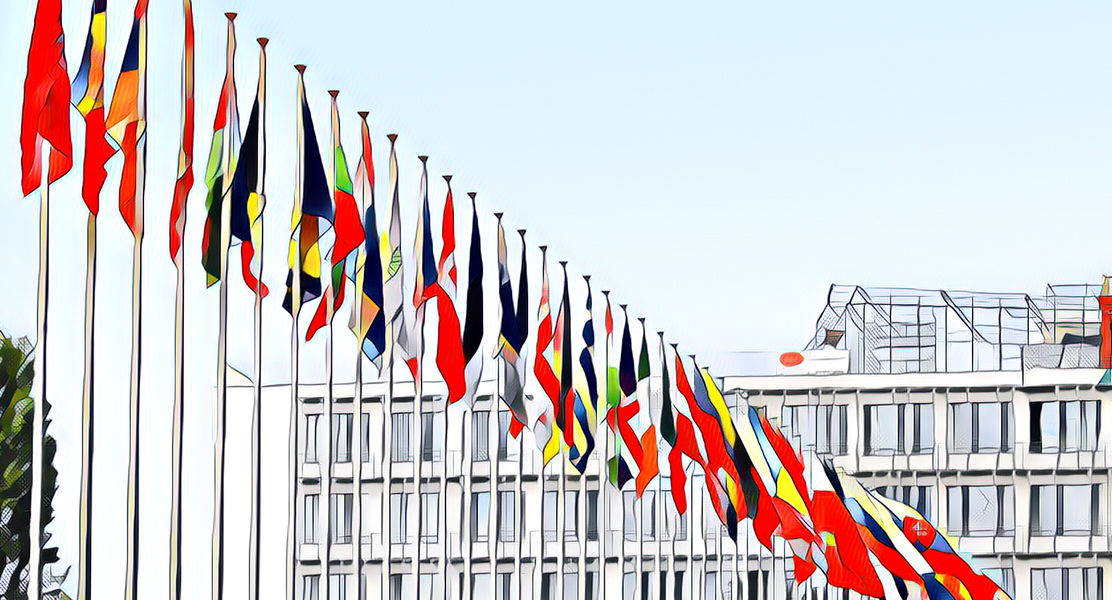State Department issues 2021 Report on International Religious Freedom, president makes appointment to USCIRF

Earlier this month, the U.S. Department of State released its annual Report on International Religious Freedom as required by federal law. (You can view the entire report, which covers the calendar year 2021, at the State Department’s website here.) I found especially helpful the summary given by U.S. Ambassador-at-Large for International Religious Freedom Rashad Hussain, who noted “three key themes in the report”:
First, too many governments use discriminatory laws and policies and abuse their own people. We have seen two genocides of religious minority communities in recent years – in China and in Burma.
Second, rising societal intolerance and hatred are fueling violence and conflict around the world. Governments must not sit silent or stand idly by in the face of such oppression.
Third, powerful collaboration among civil society, governments, and multilateral partners has led to some progress and provides hope in addressing these complex challenges.
In a press conference introducing the report, Secretary of State Anthony Blinken echoed examples of progress in religious freedom in many areas of the world, but noted the significant problems that remain:
Unfortunately, the report also shows that we have more work to do. In many parts of the world, governments are failing to respect their citizens’ basic rights. Some governments continue to use blasphemy and apostacy laws, which banned defamation and renunciation of religion, to police the language of religious minorities. Others curtail expressions of religious belief like restrictions on religious attire. And all societies, including our own and across Europe, must do more to combat rising forms of hate, including anti-Semitism and anti-Muslim sentiment.
Ambassador Hussain added:
On the pages of this year’s report are stories of individuals who have endured unspeakable persecution, governments that have sought to restrict religious belief, practice, and expression for people across a wide range of belief traditions. Non-state actors have targeted religious groups, attacked places of worship, and vilified religious, ethnic, and racial groups in their hateful narratives, including on social media platforms. From Jehovah’s Witnesses in Russia; Jews in Europe; Baha’is in Iran; Christians in North Korea, Nigeria, and Saudi Arabia; Muslims in Burma and China; Catholics in Nicaragua; and atheists and humanists around the world, no community has been immune from these abuses.
In November, the State Department issued its annual list of Countries of Particular Concern — Burma, People’s Republic of China, Eritrea, Iran, the Democratic People’s Republic of Korea, Pakistan, Russia, Saudi Arabia, Tajikistan, and Turkmenistan — as well as countries designated on its Special Watch List: Algeria, Comoros, Cuba, and Nicaragua.
In other international religious freedom news, President Joe Biden has appointed Stephen Schneck to the U.S. Commission on International Religious Freedom (USCIRF). Schneck is the former head of the Institute for Policy Research and Catholic Studies at Catholic University of America.




